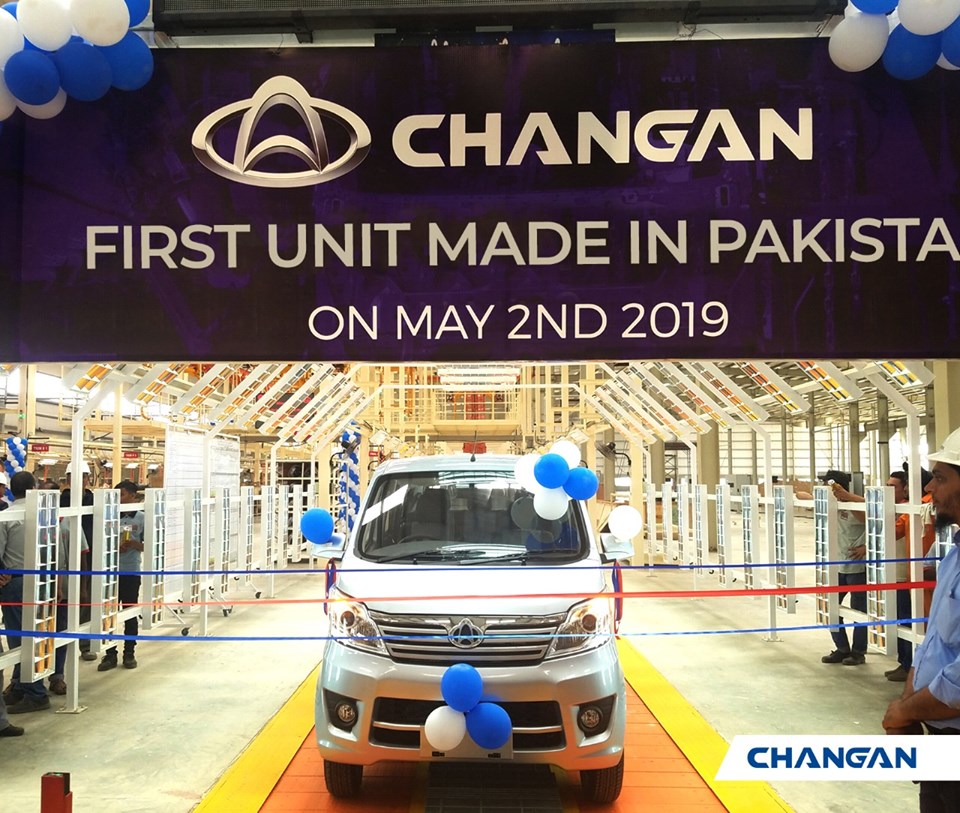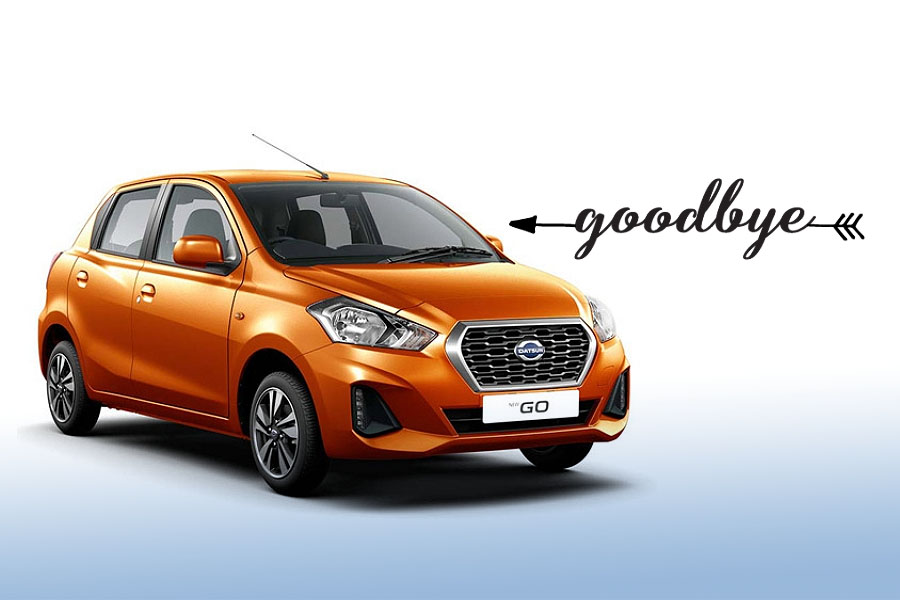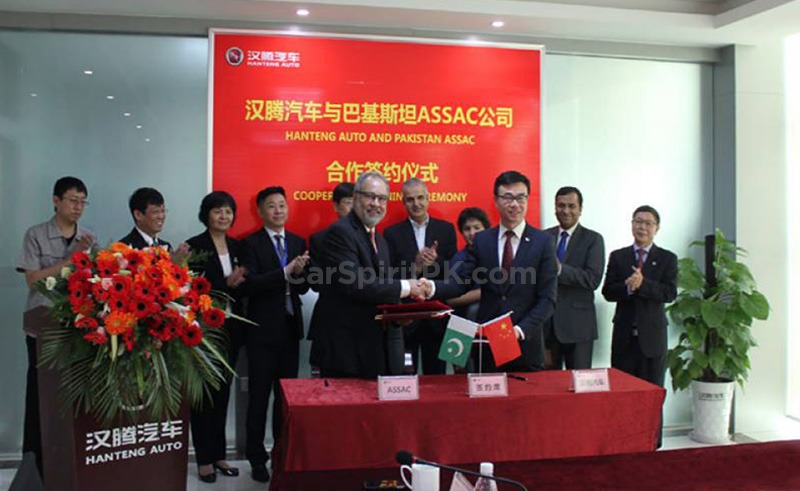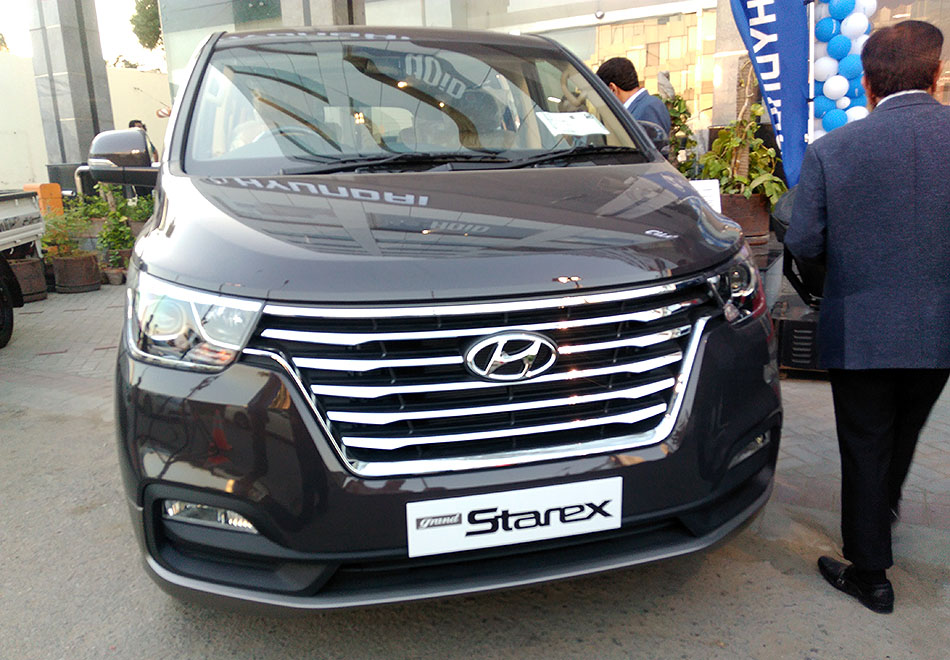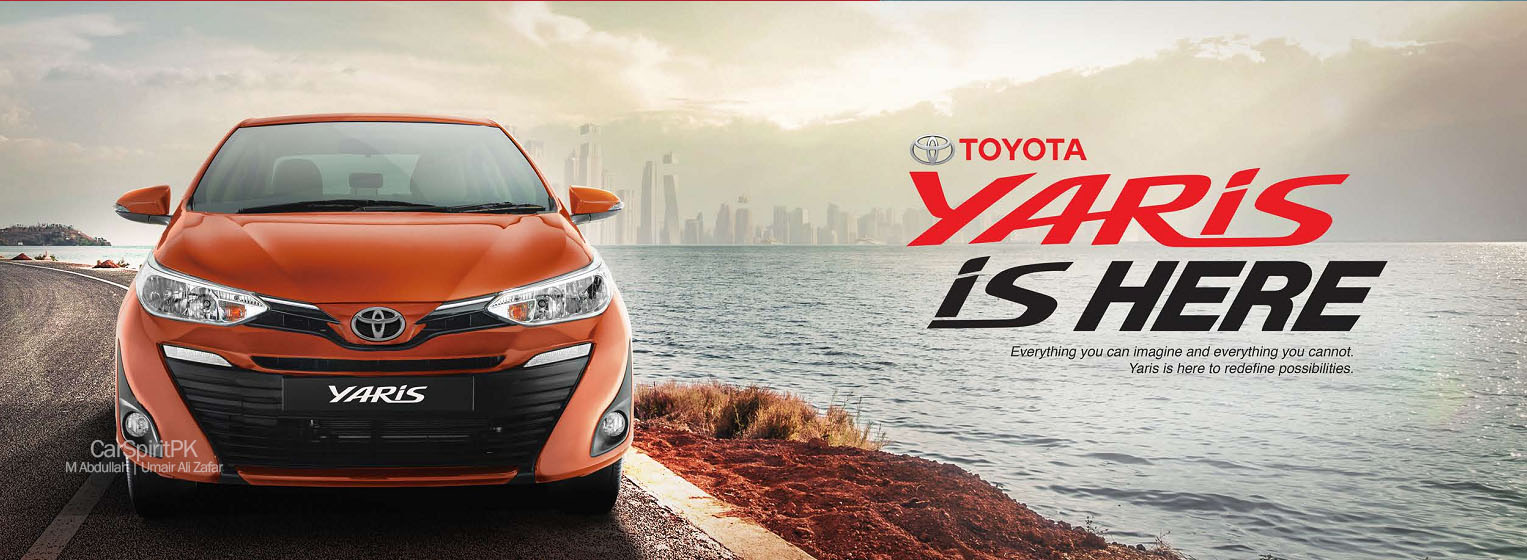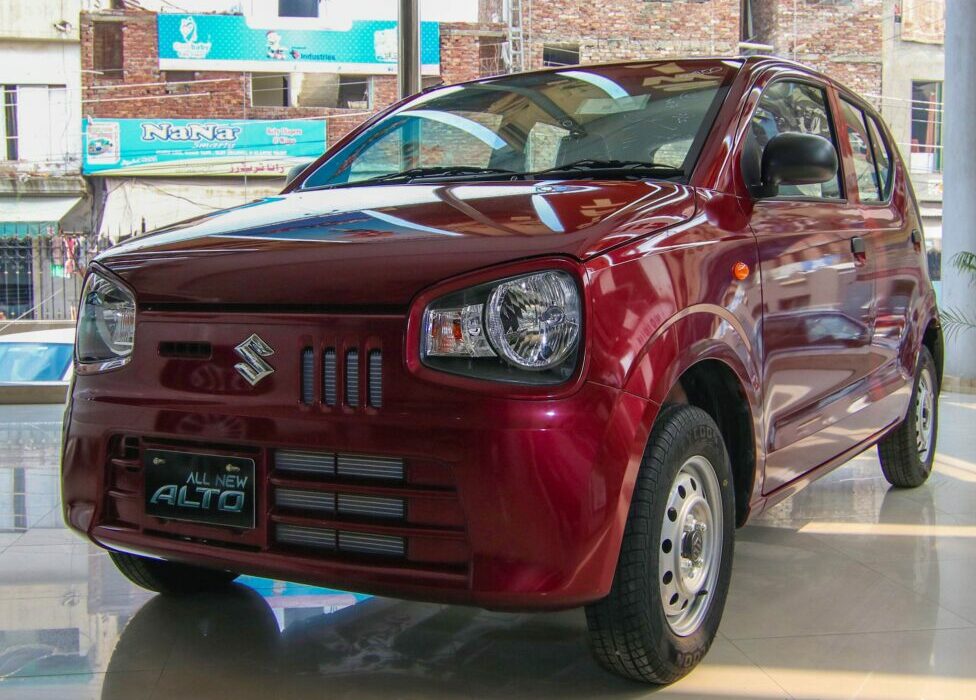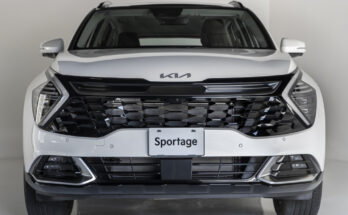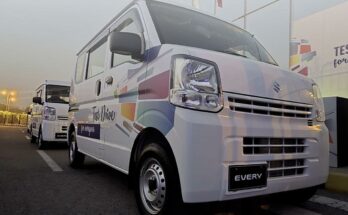After remaining pending for more than two and a half years, the Economic Coordination Committee (ECC) of the federal cabinet approved the ‘Automobile Development Policy 2016-21’ which was officially introduced & implemented on the 21st of March 2016. Now the policy entering its final year of effectiveness let us see whether it has been able to achieve the desired results.
Related: Japanese Automakers Seek Incentives for Assembly of Hybrid Vehicles
The primary objective of ADP-2016 was to break the monopoly of 3 Japanese companies in the market, generate healthy competition between players, shorten the delivery period, eliminate own/ premium, increase localization, bring down car prices and improve the quality of products offered to the customers.

Miftah Ismail, the then Chairman of the Board of Investment while announcing the policy clearly mentioned:
- The new automobile policy will offer tax incentives to new entrants in order to help them establish manufacturing units in Pakistan and effectively compete with the existing three assemblers, who are operating since the early 90s.
- The policy is aimed at enhancing consumer welfare and boosting competition besides attracting new players.
- The existing three car manufacturers will not be entitled to the benefits that are being offered to the new investors.
- Greater localization of auto parts had been ensured in the policy and in case the new entrants were unable to achieve the targets, they would be penalized.
Incentives as per Auto Policy 2016-21:
- A major incentive for the new investors is reduced 10% customs duty on non-localized parts for five years against the current 32.5%. For investors, the duty will be slashed by 2.5% to just 30% from the new fiscal year of 2016-17.
- The localized parts can be imported by the new entrants at 25% duty compared to the current 50% for five years. For existing players, the duty on import of localized parts will be brought down to 45% from the new fiscal year.
- One-off duty-free import of plant and machinery allowed for setting up an assembly and manufacturing facility. The policy has also permitted import of 100 vehicles of the same variants in the form of completely built units (CBUs) at 50% of the prevailing duty for test marketing after the groundbreaking of the project.
- In the CBU category, customs duty on cars up to 1,800cc engine capacity has been reduced by 10% for two years – 2017-18 and 2018-19. This will be applicable to the existing players as well and will encourage reduction in car prices. Also a single duty rate was applied to the localized and non-localized parts after 5 years of the new policy. The present duty structure will continue for 7 years for the new investors.
- For revival of sick or non-operational units, the non-localized parts can be imported at 10% and localized parts at 25% duty for three years for the revival of a sick unit. The government however, did not change its policy for used car imports, leaving consumers with a limited range of choice until new brands of good quality are produced in the domestic market.
The Aftermath
As a result of this policy, more than 12 automakers announced to collaborate with different companies in Pakistan, under the Greenfield as well as Brownfield investment categories. However only a few projects were able to materialize whereas most of the investments were either completely pulled off, or put on hold due to various reasons including country’s volatile economic conditions, depreciating currency value and continuous shift in government policies related to imposing taxes & duties.
So far only 2 key players– Hyundai-Nishat and Kia-Lucky have stepped into launching their products nationwide but barely these companies are offering anything that is targeted towards the market. Most of the options are horrendously priced which have little or no attraction even for those with deep pockets.
Changan which is a big Chinese name that partnered with Master Group has only brought a small pickup and an old minivan. Two of the small scale manufacturers including United & Regal introduced their 800cc Chinese replica products, but while United remains contented selling their handful of units in Punjab only, Regal has just launched their 800cc car earlier this year & with their limited capacity the tentative deliveries are stretched as long as up to 5 months already, hence no benefit to the consumers.
French automaker Renault which was teamed up with UAE conglomerate Al-Futtaim was bringing in the biggest of all investments, but in 2019 it announced to pull off its investment due to economic uncertainties. Earlier this year Ghandhara-Nissan which was bringing in the Datsun branded cars under the Brownfield investment category also announced to put the project on hold. Dewan, which was also awarded Brownfield investment & was working on to introduce SsangYong & Daehan branded vehicles also stopped its activities last year.
Related: New Auto Policy and the Flurry of Pickups and Minivans
Khalid Mushtaq Motors under an agreement with China’s Chongqing Kuayua Group had set up an assembly plant in Nooriabad where it was supposed to produce Mushtaq branded commercial vehicles & vans. However according to sources, the company is now willing to sell the plant & is looking for prospective buyers. Premier Motors which were bringing in Volkswagen commercial vehicles is also in mute mode.
There is no progress at the Pak-China venture which was supposed to bring in Lifan branded vehicles. There is also complete silence at KA Hanteng Motors which were supposed to introduce Chinese Hanteng branded SUVs and MPVs. Both the above mentioned players were also awarded with the Greenfield investment status.
In a Nutshell
To cut short, the ADP-2016 has been able to bring partial results– well maybe even not. When the policy was announced we were being told that in the next 5 years Pakistan will have the likes of Volkswagen, Fiat, Renault, Nissan, Hyundai, Kia, JAC, Changan, Zotye and Chery branded cars competing against the existing Japanese players. However fast forward 4 years, despite all the incentives we are yet to have a single product by any newcomer that actually goes head to head against any of the existing available offering.
Last year Al-Haj Automotive were also awarded Greenfield status to assemble Proton cars in Pakistan. The company will begin introducing its cars towards the second half of this year, we will have to wait to see whether they are priced within the reach of the masses or not.
Talking about what benefits the ADP-2016 gave us, well in our opinion it somewhat made the local assembled options look a bit better than what they looked like a few years ago. Sensing competition, Pak Suzuki had to discontinue the MK-II Cultus after 17 years and introduce the new Celerio in 2017. We were able to get rid of Mehran after 30 years and received 8th gen Alto as a replacement. Toyota started to offer immobilizer and airbags in their entire local assembled range whereas the company has recently introduced the new Yaris sedan in the market.
However these benefits have little or no value when you see things in broader perspective. The market is still dominated by 3 players, most of the products offered by these companies are still (in terms of price) beyond the reach of many, obsolete and globally retired products continue to be assembled here, and most importantly none of the newcomers pose any threat to the existing players.
Related: Pakistan Auto Policy: What Needs to be Done?
It is a long debate on what went wrong & where, and most of us are already aware of the reasons. However in a nutshell, the ADP-2016 was not able to bring positives to the auto consumers of this country at large. Not trying to drag politics in this, but we had a diverse variety of rather reasonably priced options during the Gen. Musharraf era, than what ADP-2016 blessed us with.
Read more:
https://www.carspiritpk.com/2019/12/remembering-cars-previous-decade/

A computer animation professional with over 23 years of industry experience having served in leading organizations, TV channels & production facilities in Pakistan. An avid car enthusiast and petrolhead with an affection to deliver quality content to help shape opinions. Formerly written for PakWheels as well as major publications including Dawn. Founder of CarSpiritPK.com


